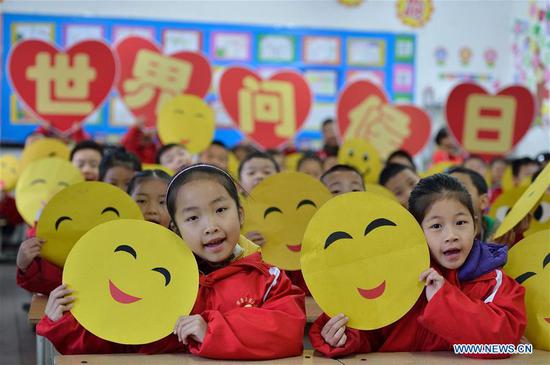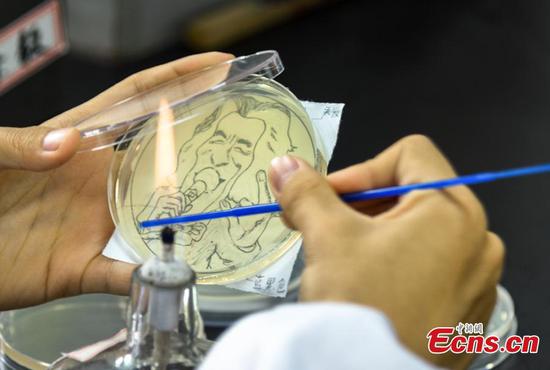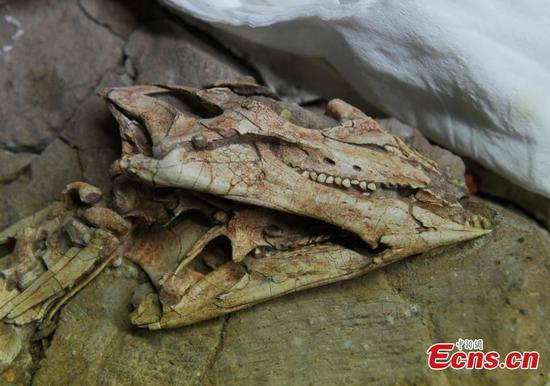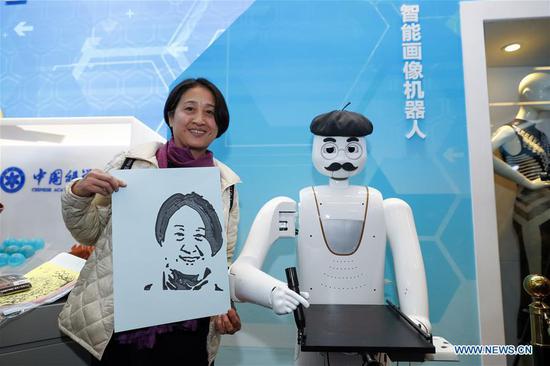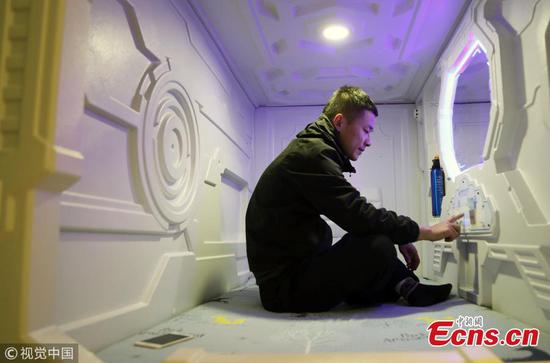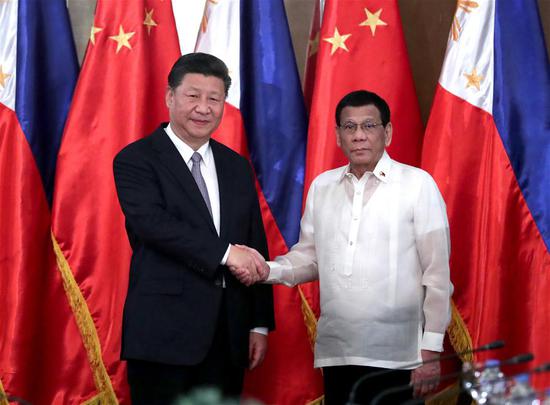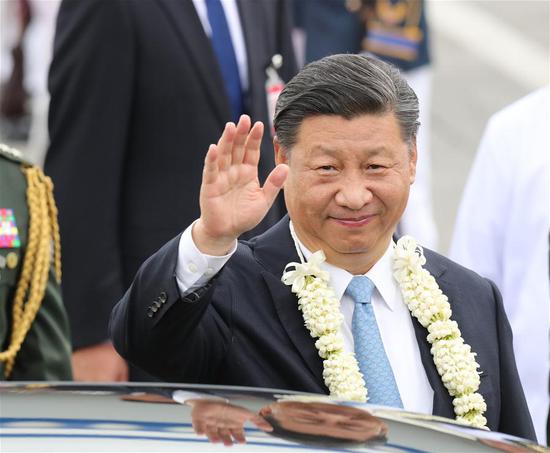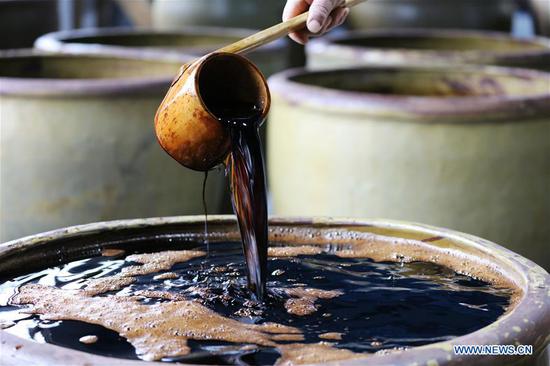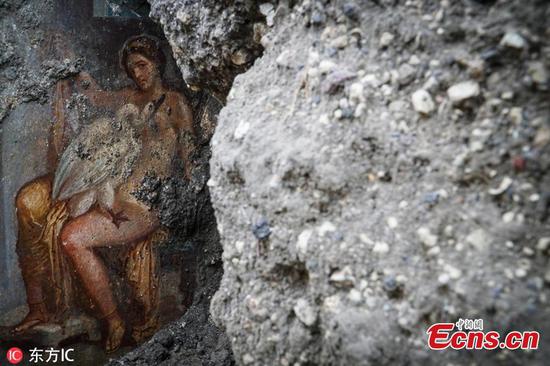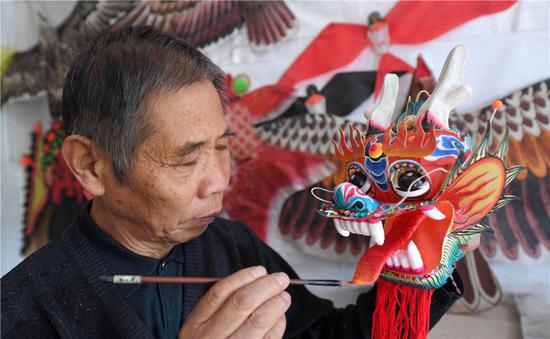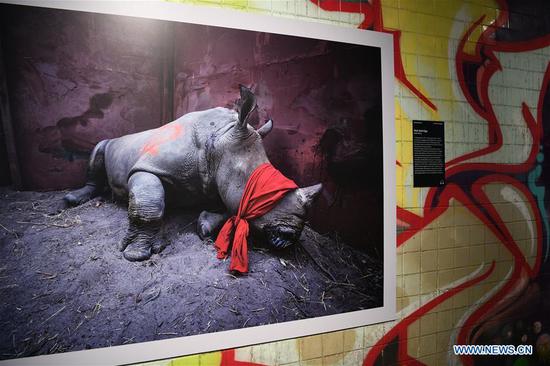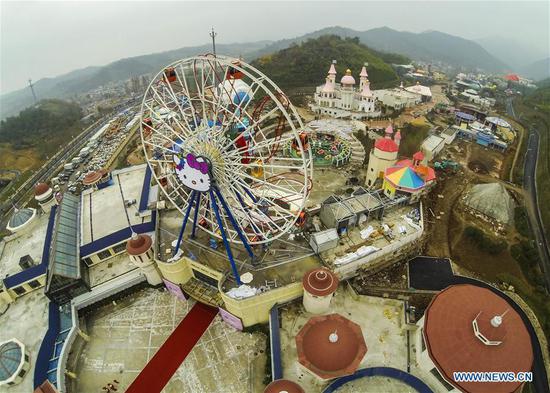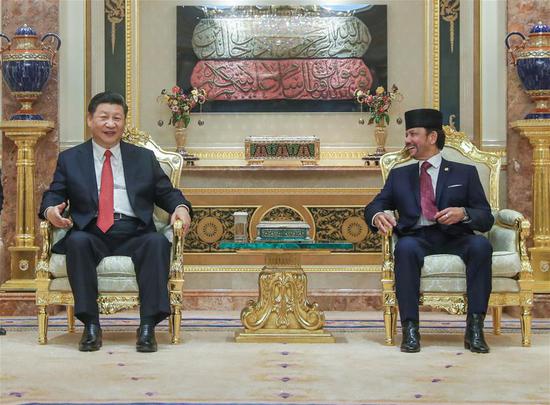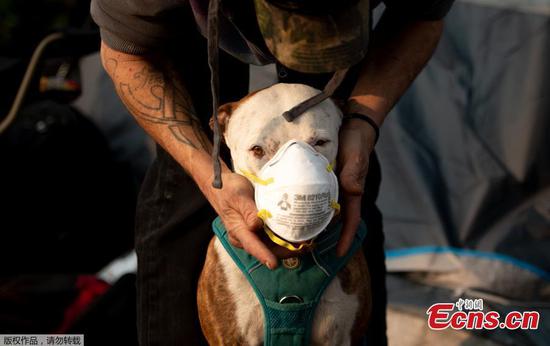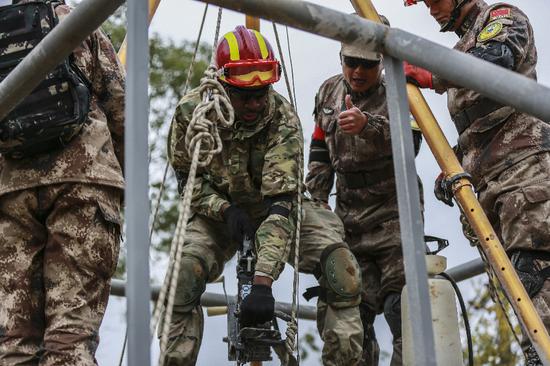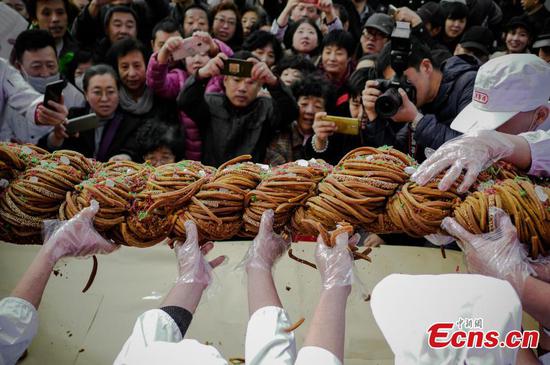Review of hospitals, pharmacies will be carried out nationwide
China has ordered a review of hospitals and pharmacies nationwide looking for possible health insurance scams, an official said at a news conference on Wednesday, a week after China Central Television exposed two suspicious cases in Northeast China.
The new review follows a national inspection in September looking for fraudulent practices in the sector, according to Huang Huabo, an official with the newly created National Health Care Security Administration.
"The medical insurance fund is lifesaving money for the public. Ensuring its security is significant for people's livelihoods, and it's also an important political task," he said.
Two hospitals in Shenyang, Liaoning province, were accused of hiring people who were covered by the country's basic health insurance system and hospitalized them using fake medical records to claim insurance money from the government, CCTV reported last week.
As of Monday, 37 suspects had been detained by police in Shenyang, and 19.9 million yuan ($2.87 million) of insurance money had been frozen, the broadcaster said on Wednesday.
China began to create nationwide basic medical insurance that covers urban and rural residents in 2007, and coverage expanded over time. More than 1.35 billion people are covered by the system, according to the National Health Commission, about 95 percent of China's population.
Insured residents pay into the fund on a regular basis, alongside the State and employers, and they can have a certain percentage of their medical bills reimbursed.
But during the earlier inspection, a number of hospitals were found to have defrauded the insurance fund. According to the administration, 761 hospitals, clinics and pharmacies in Chuangchun, Jilin province, were disciplined during that inspection, and government agencies refused to reimburse more than 10 million yuan ($1.44 million) of insurance claims.
Ninety-two hospitals in Tianjin were disqualified from making health insurance claims and fined 20 million yuan. Almost 18 million yuan of falsely claimed money was recovered.
Hundreds of hospitals and pharmacies in Hebei and Shanxi provinces were also disciplined.
Huang said the upcoming review will target hospitals that convince patients to receive unnecessary treatment or that fake medical records to cheat the government.
Hospitals that encourage patients to use other people's social security cards or make false reports on their medical expenses will also be targeted, along with pharmacies and individuals involved in such scams, he said.
The public can report misconduct by phone at 010-89061396 and 010-89061397, he said. Channels will be opened on other platforms, including WeChat.
The administration will set up a reward system for whistleblowers.
The National Health Care Security Administration was created during an institutional reorganization earlier this year. It incorporates functions from several departments, including the Ministry of Human Resources and Social Security, which used to administer basic healthcare insurance for urban residents, and the National Development and Reform Commission, which regulated the price of drugs and medical services.
Jiang Yu, a researcher in the State Council's Development Research Center, said that health insurance scams are not a new phenomenon and have increased in recent years.
"The growth of private hospitals is a main contributor," he said, adding that many are profit-seeking. At the same time, the threshold for entering the sector is relatively low, he said.
Jiang added that inadequate funding has also led some public hospitals to turn to the insurance pool for supplementary income, for which there is not enough oversight.









